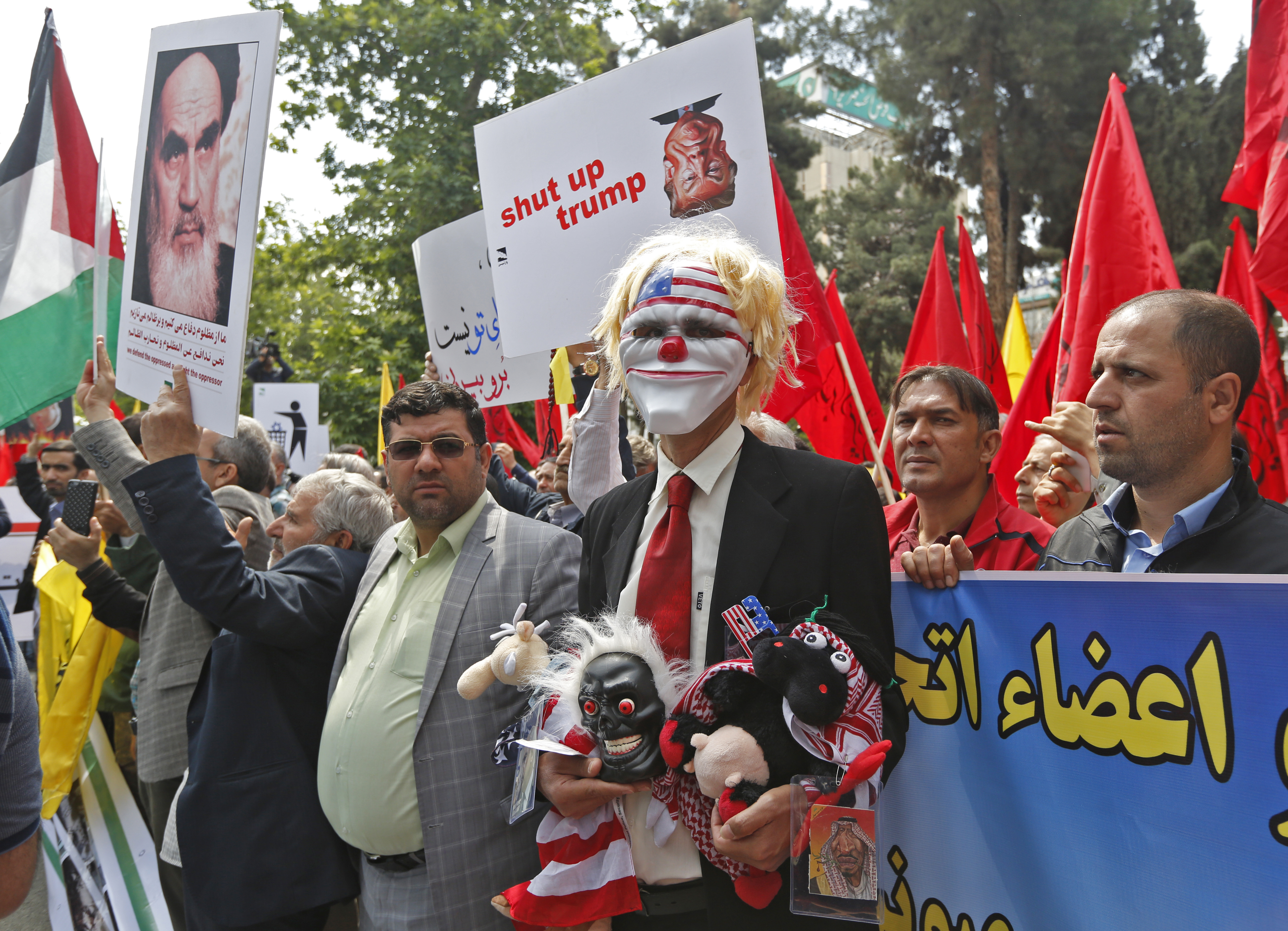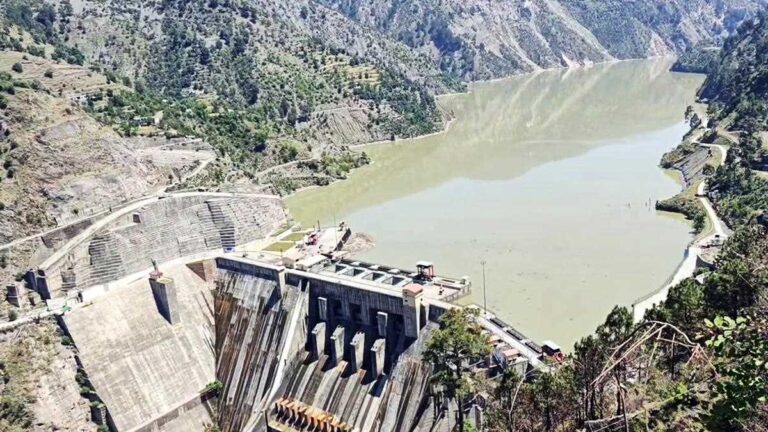
Iranians take part in an anti-US demonstration inside the former US embassy headquarters in the capital Tehran on May 16, 2018. Iran said today that new US sanctions on its central bank governor would only make Iranians "more determined, patient and resistant than ever". / AFP PHOTO / ATTA KENARE
Nazir Hussain
The global non-proliferation regime is under severe stress and strain due to unprecedented happenings around the world – unilateral US scrapping of the Iranian nuclear deal, the supposed denuclearization by North Korea, the Saudi Arabian desire for nuclear weapons, and the US and Russian plans for nuclear modernization. The delicate Non-proliferation regime is burdened with the ‘Haves’ and ‘Have Nots’ controversy and the contradictory policies of the great powers vis-à-vis proliferation.
The Joint Comprehensive Plan of Action (JCPOA) popularly known as the Iran Nuclear Deal was intensely negotiated and finally agreed upon in July 2015 by the five permanent members of the UN Security Council and Germany (P5+1) with Iran to halt its nuclear activities for fifteen years. It was unanimously adopted by the UNSC through its Resolution 2231 to be formally endorsed. It was the hallmark of President Barak Obama’s presidency, which many hailed as a ‘win-win situation’ for all the parties concerned. However, President Donald Trump was severely opposed to the deal and eventually he unilaterally withdrew from the deal in May 2018, opening the Pandora’s box of uncertainties unleashing chaos in the global security environment. For what its worth, the IAEA declared last month that Iran is still abiding by the Deal. This unilateral pull out from the agreement by the US has undermined its credibility as the global power-broker. It has also increased the friction between the US and its European allies, and is severely undermining the international dialogue for global non-proliferation. US withdrawal from the Deal legitimizes the Israeli nuclear monopoly in the Middle East at the cost of possible withdrawal of Iran from the NPT under Article X. The US-Israel-KSA nexus to curtail the Iranian role in the Middle East may in fact do the opposite: boost Iran’s regional role being supported by Russia, China and Turkey. The US desire for ‘regime change’ and possible attack against Iran has however received a major blow since the US Congress has barred President Donald Trump from declaring war on Iran without the Congressional approval.
On the Korean front, US coercive diplomacy against North Korea has received a major blow by the two Koreas coming closer. The Summit meeting between the two Korean leaders led to the announcement of ‘denuclearization’ of the Korean Peninsula and eventual dismantling of the North Korean nuclear infrastructure. However, all hopes for appeasement and goodwill generated through the meeting of the two Korean leaders came crashing down with President Trump calling off his meeting with Kim Jong-un last month. Even though North Korea has started dismantling its nuclear infrastructure, given the US withdrawal from the multilateral Iran Nuclear Deal, past experience by North Korea of U.S. betrayal in 2002 with US withdrawal from the 1994 Agreed Framework between the two countries, and the continued presence of US troops in the Korean Peninsula, may make Pyongyang rethink any appeasement strategy that it might be contemplating with US at the center. If this happens due to the impetuousness of the current US administration, then it would be a severe blow to the non-proliferation regime and global efforts to bring North Korea in the loop again.
More worrisome and yet another possible blow to the non-proliferation regime is likely to come from new nuclear aspirants, especially KSA, where Muhammad Bin Salman has vowed to go nuclear if Iran attains nuclear status of which there might be a serious possibility with Iran further pushed to the wall if the other multilateral parties to the deal also pull out. Iranian nuclearization will put KSA and some other Arab/Gulf States on the path of nuclear proliferation. Prospective lucrative multi-million dollar deals for nuclear power plants in many aspirant states are encouraged given their economic benefits at the cost of generating insecurity, chaos and undermining the non-proliferation efforts in the Middle Eastern security milieu.
To add to the already volatile and fragile international security environment, the decision by President Donald Trump as enunciated in the Nuclear Posture Review 2018 to modernize and upgrade the US nuclear arsenal followed by a similar announcement by Russia reminds one of the familiar Cold War pattern of vertical proliferation. According to the Arms Control Association, the US is likely to spend $500 billion to modernize its SLBMs, ICBMs and to create a new strategic bomber fleet. The NPR 2018 cites Russia, China, Iran and North Korea as possible threats to the US national security interests meriting massive US nuclear modernization in response. According to the Brookings Institute, Russia is on the path of force modernization since 2004, when it gained financial stability and Vladimir Putin’s desire to regain the past glory of Russian dominance in the global affairs. It has started upgrading its aging SS missile series, SLBMs, ICBMs and nuclear submarine fleet. President Putin unveiled Russia’s ‘invincible’ nuclear weapons in his state of the union address in March 2018, after the announcement of US NPR in February 2018. Like a page from a familiar book, the arms race between the two major nuclear weapon states is once again at the heart of the eroding global non-proliferation regime.
Dr. Nazir Hussain is Director and Associate Professor, School of Politics and International Relations , Quaid-i-Azam University, Islamabad.




